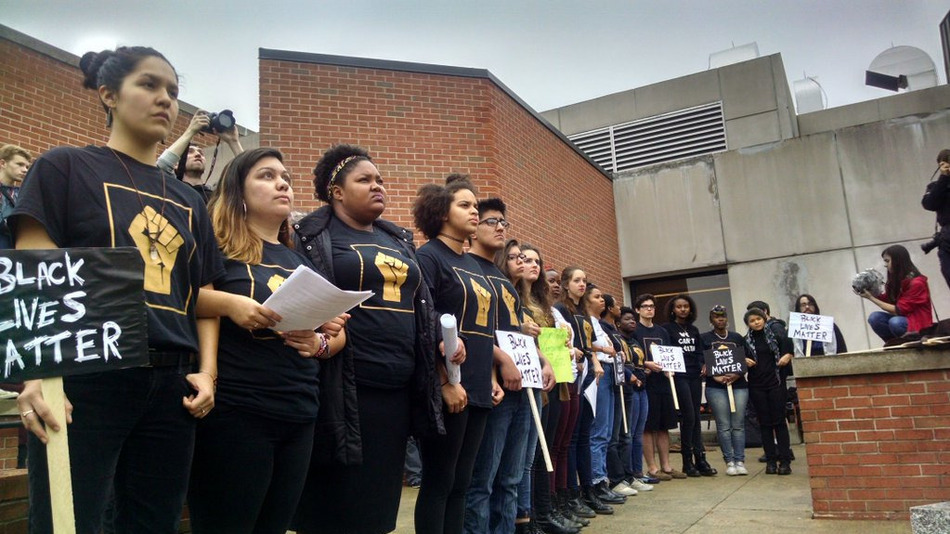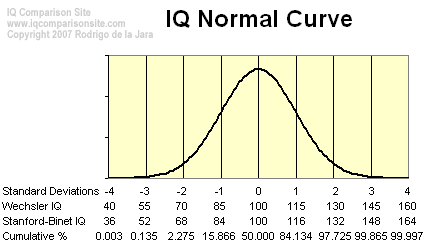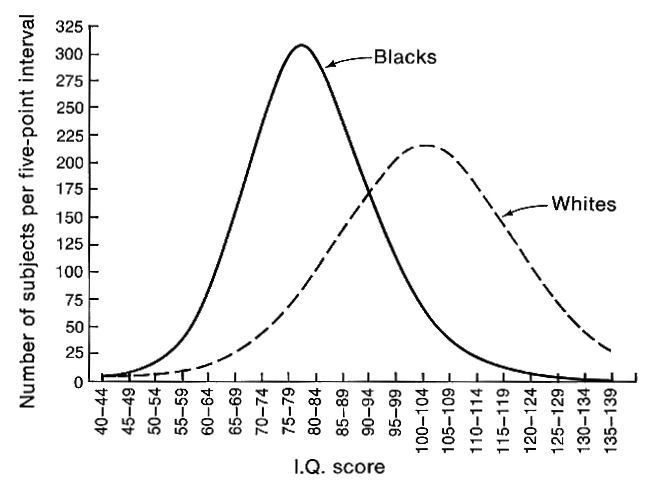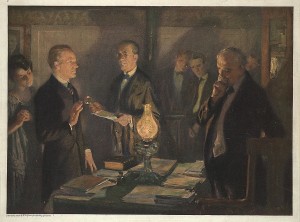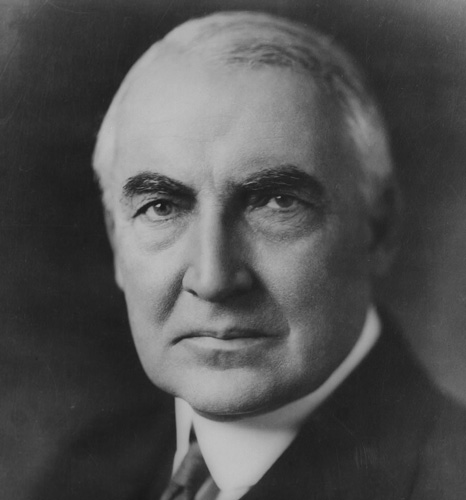There is a new theme for the Democrats in this year’s election. Hillary calls it the “Alt-Right.”
The New York Times is alarmed.
As Hillary Clinton assailed Donald J. Trump on Thursday for fanning the flames of racism embraced by the “alt-right,” the community of activists that tends to lurk anonymously in the internet’s dark corners could hardly contain its glee.
Mrs. Clinton’s speech was intended to link Mr. Trump to a fringe ideology of conspiracies and hate, but for the leaders of the alt-right, the attention from the Democratic presidential nominee was a moment in the political spotlight that offered a new level of credibility. It also provided a valuable opportunity for fund-raising and recruiting.
Jared Taylor, editor of the white nationalist publication American Renaissance, live-tweeted Mrs. Clinton’s remarks, questioning her praise of establishment Republicans and eagerly anticipating her discussion of his community.
According to Hillary and the Times, Donald Trump is defined by those who say they support him more than by what he says himself.
If Hillary and Bernie Sanders are supported by communists, does that make them communists ? This is an odd year and will get worse.
A better explanation of “alt-Right” is provided by two spokesmen for another view.
A specter is haunting the dinner parties, fundraisers and think-tanks of the Establishment: the specter of the “alternative right.” Young, creative and eager to commit secular heresies, they have become public enemy number one to beltway conservatives — more hated, even, than Democrats or loopy progressives.
The alternative right, more commonly known as the alt-right, is an amorphous movement. Some — mostly Establishment types — insist it’s little more than a vehicle for the worst dregs of human society: anti-Semites, white supremacists, and other members of the Stormfront set. They’re wrong.
I wasn’t even aware of this controversy until Ann Althouse put up a post on the subject after Hillary raised it.
She quotes a man who was ejected from the Hillary speech.
“I call myself alt right because the conservative establishment right in this country does not represent my views, they are just as much to blame for the disaster taking place in America as the left, the alt right to me is fiscal responsibility, secure borders, enforcement of immigration laws, ending the PC culture, and promoting AMERICA FIRST (Not Sharia First)… If you come to this country legally, follow the laws, learn our language, and love the country, you are equal, no matter your color, or religion. Basically alt-right is to separate ourselves from the failing establishment right.“
That post led to over 300 comments on her blog. She then posted a survey. The results were interesting.
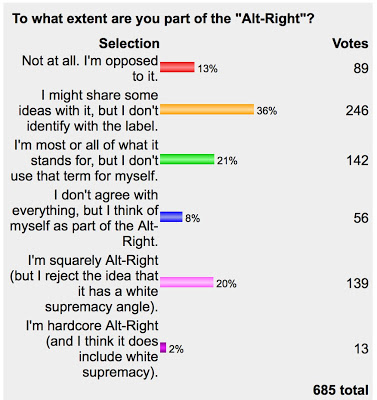
I voted for the choice “I’m most of all of what it stands for but I don’t use that term, myself.”
